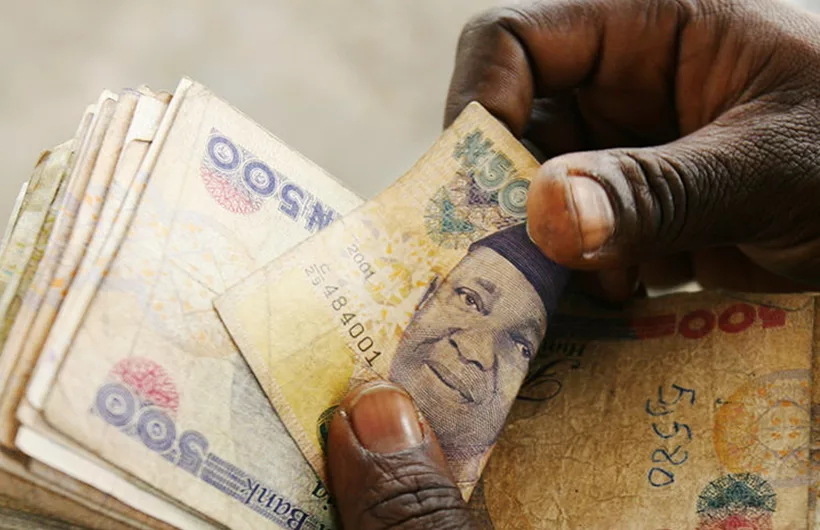The African Export-Import Bank (Afreximbank) has called on African countries to prioritise the development of public and private export trading companies (ETCs) in order to position the continent’s small and medium enterprises (SMEs) to participate effectively in global trade.
The executive vice president, Intra-African Trade Bank, Afreximbank, Kanayo Awani stated this at the Africa International Exhibition, which opened on the sidelines of the United Nations General Assembly in New York.
Awani speaking on behalf of president of the Bank, Prof. Benedict Oramah, said that SMEs participating directly in global trade faced stiff competition from multinational and significantly large corporations, making their chances of success or survival marginal, if not zero.
She noted that Asia had addressed that challenge by establishing ETCs to act as conduits through which SMEs accessed global markets, explaining that ETCs acted as aggregators and created a sizable volume of trade that attracted greater value and withstood competition.
She said, the limited participation of Africa’s SMEs in global value chains reflected institutional policy failure, calling for strong policy support systems that would provide capacity developments, incipient protections from unfair competition and improved access to regional markets and access to finance.
“These are particularly urgent as Africa commences implementation of the African Continental Free Trade Agreement (AfCFTA),” stated Awani.
She announced that, over the years, SMEs had been a central focus of Afreximbank’s continental interventions through its export development SME-focused strategy, with unique funding instruments to bridge the financing constraints faced by African SMEs, including products, such as factoring, supply chain finance and intermediated financing.
She added that Afreximbank had launched a $1 billion Creative Africa Nexus (CANEX) programme to provide access to finance, capacity building, digital solutions and other support to the African creative industry.
She noted that “the industry had become one of the fastest-growing areas within the continent and that creatives had become major export earners in Nigeria, South Africa and a few other countries, topping traditional export goods. The Bank had disbursed about $120 million to boost the industry.”
We’ve got the edge. Get real-time reports, breaking scoops, and exclusive angles delivered straight to your phone. Don’t settle for stale news. Join LEADERSHIP NEWS on WhatsApp for 24/7 updates →
Join Our WhatsApp Channel










